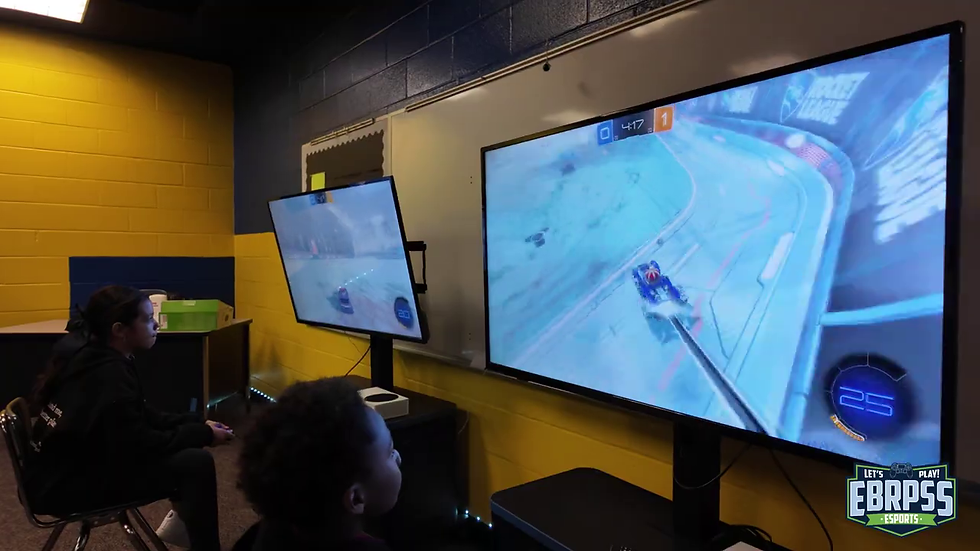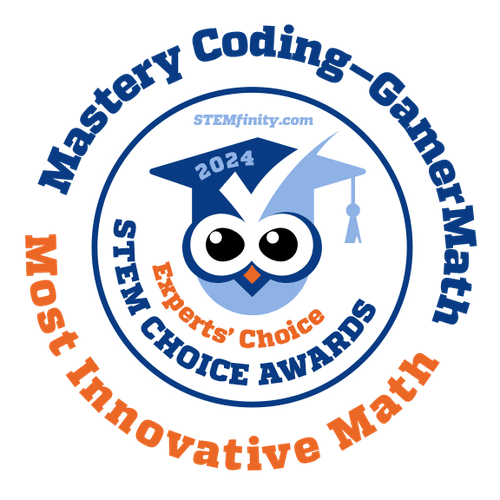How esports Is Transforming after school programs
- Jeffery Harrison
- Aug 16, 2025
- 3 min read
Updated: Aug 17, 2025
Walk into Capitol Elementary on any given afternoon, and you’ll find one room that students can’t wait to get into—the esports room. But here’s the catch: before they ever pick up a controller, they have to hit the books. Tutoring comes first, and only after the homework is done do students earn their spot at the console.
This isn’t just about games. It’s about motivation, community, and life skills.

Why Esports transforms after school Programs?
Afterschool programs have long struggled with one big challenge: keeping students engaged. Esports flips that problem on its head. Kids are clamoring to participate. The draw of gaming is strong, but what keeps them coming back isn’t just the competition—it’s the growth they experience along the way.
Students learn how to work as a team, how to lead, how to think critically under pressure, and how to communicate when it matters most. For some, it’s their first taste of leadership. For others, it’s the safe space they’ve been looking for—a place where being part of a team doesn’t mean scoring baskets but strategizing in a digital arena.

The Capitol Elementary Story
At Capitol Elementary, esports have quickly become the heartbeat of its 21st Century Afterschool Program.
Teachers say the excitement is unlike anything else. Students rush to finish homework because they know esports is waiting. For some, it’s their reason to stay after school at all. “It actually gave them the reason to want to stay after school, to want to go to tutoring,” one staff member shared. “Because they have that excitement—after I finish my math work, I get to go play.”
The program has already made waves. Capitol won an elementary-level championship last year, and students practice daily, sharpening both their game skills and their teamwork. One team captain, a young girl describes her role with pride: keeping her teammates focused and organized. She’s already planning to continue with esports as she moves into middle school.
And it’s not just about play. Educators point out that the very same critical thinking and problem-solving skills students use in games carry over into academics—especially math. By analyzing patterns, predicting outcomes, and making quick decisions, kids are literally building the mental muscles they need to succeed in the classroom.

More Than Gaming
The impact goes beyond academics. Esports have given shy students and those facing challenges at home a new sense of confidence. It’s created friendships that cross grade levels and even schools. It’s helped kids see themselves not just as players, but as leaders, broadcasters, designers, and even future professionals in fields tied to the gaming industry.
And perhaps most importantly, it’s given them belonging. As one student put it, being part of the esports community is “all about having fun and seeing other people.” Simple words, but powerful—because every child deserves a place where they feel welcome.

What’s Next: Building the Future of Afterschool Esports
The success at Capitol is just the beginning. The next steps for programs like this go beyond traditional gaming. Imagine using virtual reality to get kids moving, dancing along to games like Beat Saber or other active VR experiences that promote healthy lifestyles.
But it’s not just about play—it’s about blending academics and gaming in ways that make learning stick. One example is GamerMath 1™ by Mastery Coding, a curriculum designed for grades 3–5 that transforms math into a game-like adventure. Over 30 hours of video-based lessons, students tackle addition, subtraction, multiplication, division, fractions, time, money, and even angles—all through the lens of games they already love, like Pokémon, Madden, Fall Guys, LEGO 2K Drive, and Clash Royale.

Why does this work? Because engagement skyrockets when learning connects with students’ passions. Kids realize that mastery in math can actually boost in-game performance, which creates a powerful feedback loop of motivation. Beyond equations, they’re also building critical thinking, problem-solving, statistical reasoning, and teamwork skills—the same qualities that fuel both esports and success in school.
It’s easy to picture the next evolution of afterschool esports: tournaments not just for gaming, but for math. Imagine students competing to solve equations faster than their peers while having just as much fun as they do on the digital battlefield. That’s the future we see—a future where esports isn’t just entertainment, but the spark that unlocks academic achievement and healthier, more engaged learners. This is how esports Is Transforming after school programs in Louisiana.
What our video about this.



Comments